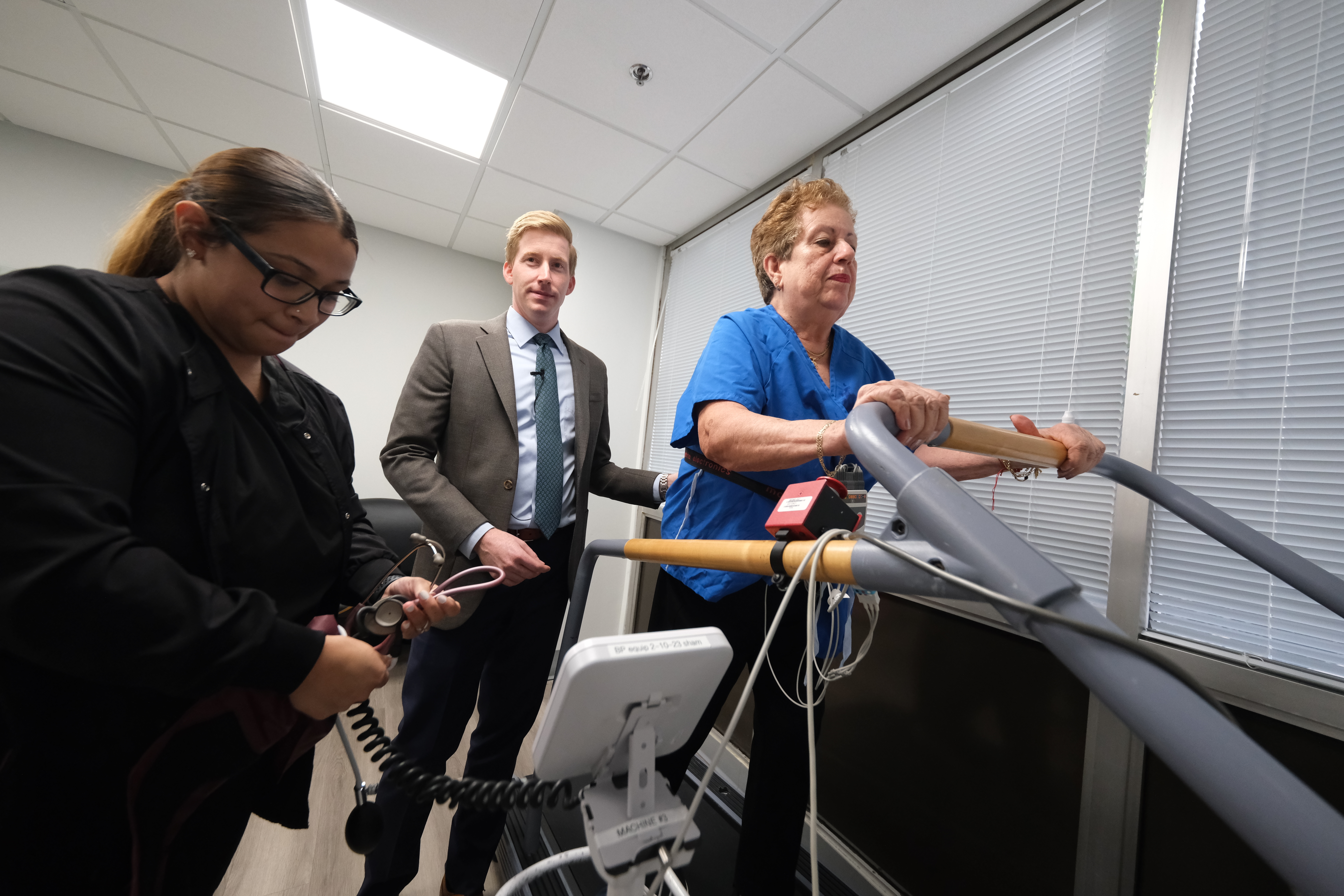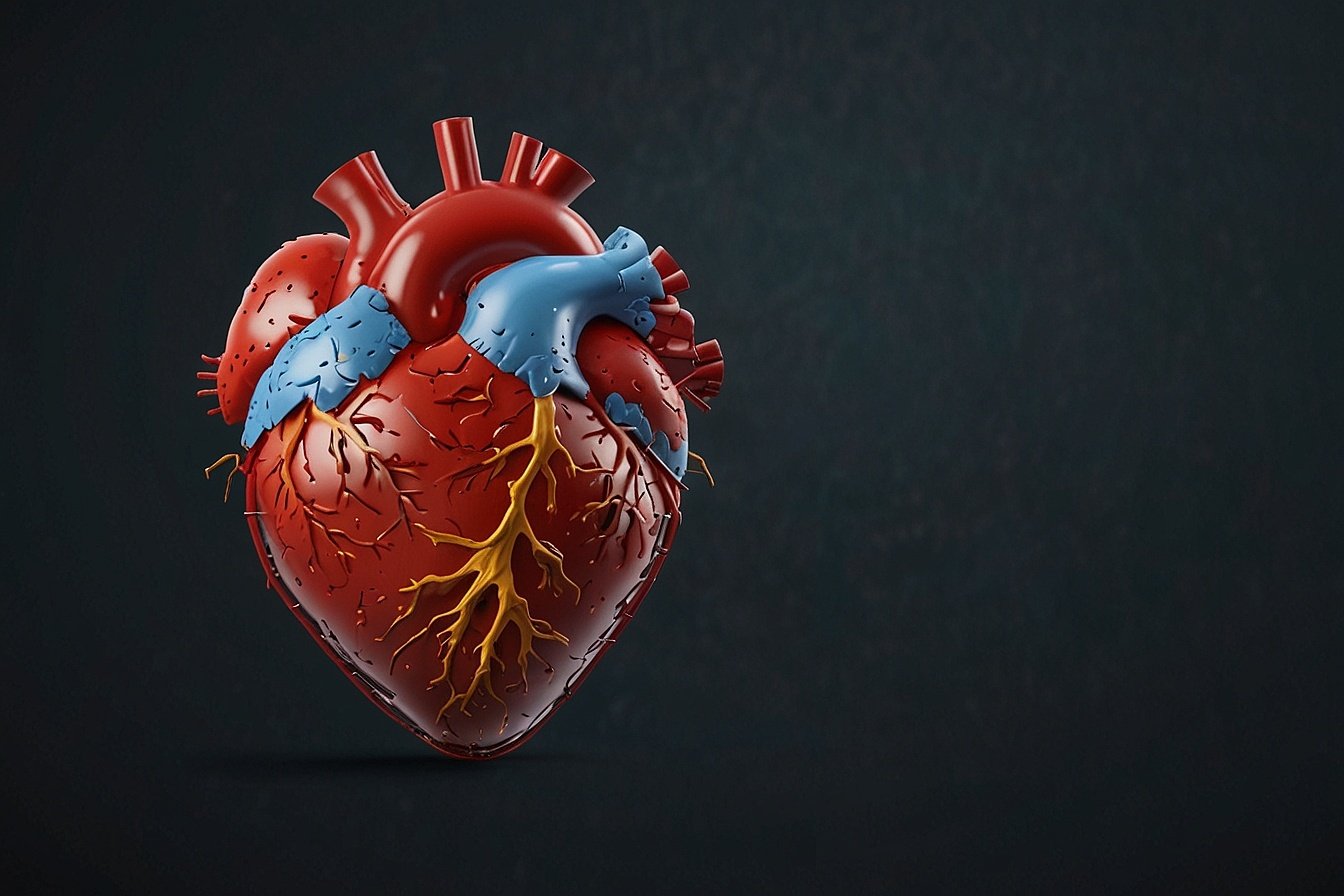At Cross County Cardiology, we believe in empowering patients with knowledge to take charge of their heart health. Diabetes is more than a blood sugar issue—it’s a major risk factor for heart disease. Understanding the connection between diabetes and heart health is key to staying ahead of potential complications.
At Cross County Cardiology, we hear this question often: "Why am I on so many medications?" It’s a valid concern—nobody enjoys managing a growing list of prescriptions. But these medications aren’t just arbitrary; each one plays a critical role in helping you live a longer, healthier, and more hospital-free life. Let’s explore the science, guidelines, and real-life impact behind these treatments.
Modern Medicine and Teamwork: Why It Takes More Than One Medication
Heart care has come a long way in the last decade. Advances in research and guidelines from leading institutions like the American Heart Association (AHA) and American College of Cardiology (ACC) have transformed how we manage heart-related conditions. These guidelines are grounded in evidence, designed to save lives, and tailored to address complex conditions like congestive heart failure.
For example, managing congestive heart failure isn’t about treating just one issue. It often requires a combination of medications:
- Beta-blockers to ease the heart's workload.
- ACE inhibitors or ARBs to relax blood vessels.
- Hormone inhibitors like spironolactone to prevent stress-related heart damage.
- Diuretics to control fluid retention.
This approach ensures that each aspect of the condition is addressed, significantly reducing the risk of hospitalizations and complications.
The Impact of Combined Medications
Clinical research consistently demonstrates the importance of combination therapies. Beta-blockers alone reduce heart failure-related deaths by 34%, while pairing them with an ACE inhibitor decreases hospitalizations by an additional 20%. Skipping even one of these medications can leave you vulnerable, increasing the likelihood of hospital visits or severe complications.
Beyond Heart Failure: Addressing Multiple Conditions
Heart health is deeply connected to other conditions like diabetes, high blood pressure, and high cholesterol. Each condition has specific medications that form part of a comprehensive strategy:
- Statins lower LDL cholesterol by up to 60% and reduce cardiovascular events by 30%.
- Aspirin decreases the risk of future heart attacks by about 22% for those with a history of heart disease.
- Blood pressure medications significantly reduce the chances of strokes, heart attacks, and even dementia.
Together, these medications create a safety net, targeting interconnected risks and preventing a cascade of complications.
What’s Often Overlooked
Many resources discuss the individual benefits of medications but rarely emphasize how interconnected cardiovascular conditions can be. High blood pressure can strain the heart, potentially leading to heart failure, kidney damage, and other complications. Each medication works as part of a larger strategy to address these overlapping risks.
At Cross County Cardiology, care is always personalized. Every prescription is tailored to your unique needs, considering your medical history, lifestyle, and specific risks. This individualized approach ensures your treatment plan is both effective and manageable.
How Cross County Cardiology Supports Your Health
Our mission is to provide evidence-based care that improves your quality of life. At Cross County Cardiology, we carefully evaluate each medication to ensure it contributes meaningfully to your health. We’re here to help you manage side effects, prevent drug interactions, and address cost concerns.
Each prescription is a vital piece of the puzzle, working together to protect your heart, reduce hospital visits, and add life to your years. With us, you can trust that your treatment plan is designed with your long-term health and well-being in mind.













